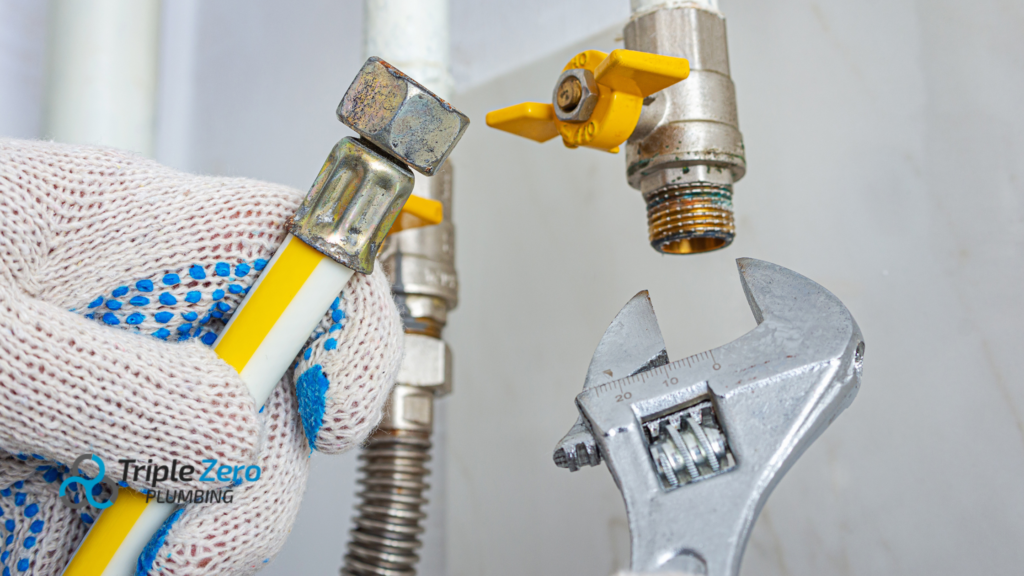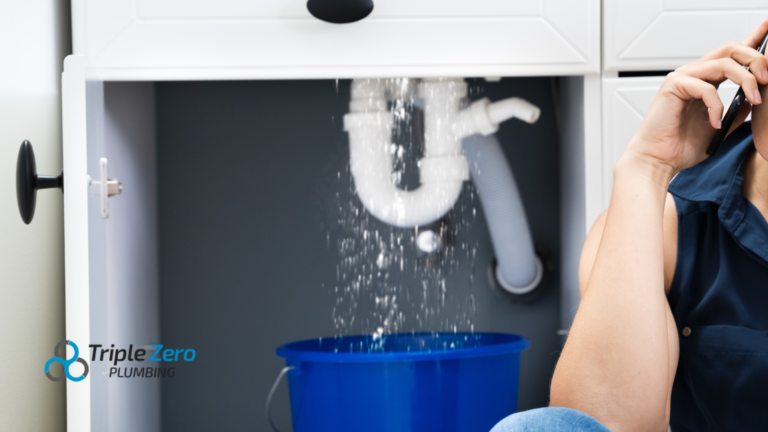Gas Safety 101: What to Do If You Smell Gas at Home
Smelling gas in your home is no joke. Acting quickly can prevent serious risks and keep you and your family safe. If you need to know how to detect a gas leak or recognise the signs of a gas leak, acting quickly is important. Follow this step-by-step guide to stay safe.
Recognise the Signs of a Gas Leak
The first step in staying safe is identifying the signs of a gas leak. Here’s what to look for:
Distinct Smell
Natural gas doesn’t have a smell on its own, but suppliers add a chemical called mercaptan to give it a strong, sulphur-like odour. If you notice a smell similar to rotten eggs, act immediately.
Hissing Sounds
A hissing or whistling sound near a gas line or appliance is a clear indicator of a leak. This sound means gas is escaping, and you need to address it right away.
Physical Symptoms
Experiencing slow gas leak symptoms can also signal a problem. Headaches, dizziness, nausea, or fatigue, especially when you’re at home, can be caused by exposure to gas.
How to Detect a Gas Leak at Home
If you suspect a leak but aren’t sure, there are simple ways to confirm it. Here’s how to detect a gas leak safely:
- Use the Soap and Water Test: Mix water with a small amount of dish soap and apply it to areas where you suspect a leak, like connections or pipes. If you see bubbles forming, gas is escaping.
- Check the Gas Meter: Turn off all gas appliances and check your gas meter. If the dial is still moving, it indicates a leak.
- Use a Gas Leak Detector: Investing in a gas leak detector is a reliable way to monitor your home for leaks. These devices can quickly alert you to a problem.
If any of these methods confirm your suspicion, leave the area immediately and call a professional for help.
Slow Gas Leak Symptoms You Shouldn’t Ignore
Sometimes, gas leaks happen slowly, making them harder to notice. Being aware of slow gas leak symptoms can help you catch leaks early. Symptoms include:
- Persistent headaches or dizziness
- Nausea or vomiting
- Feeling unusually tired or lightheaded
- Difficulty breathing or chest pain
If these symptoms improve when you leave home but return when you’re back, a slow gas leak could be the cause. Take these symptoms seriously and seek professional help to assess your home’s gas lines.
Call a Gas Fitting Plumber for Expert Help
When dealing with a gas leak, don’t try to fix it yourself. A licensed gas fitting plumber can inspect your system, identify the leak’s source, and make necessary repairs safely. Regular inspections and maintenance can also prevent leaks before they start.
Preventing Gas Leaks in Your Home
Prevention is key to gas safety. Follow these tips to keep your home safe:
- Schedule Regular Inspections: Have a professional inspect your gas lines, appliances, and fittings regularly to catch potential issues early.
- Check Appliances: Ensure gas appliances are installed correctly and functioning properly. If something seems off, have it checked.
- Install Carbon Monoxide Detectors: These detectors can alert you to dangerous gas levels, especially if a leak goes undetected.
Staying alert to the signs of a gas leak and knowing how to detect a gas leak can protect your home and family. If you suspect a leak, don’t delay — act fast and get professional help.




